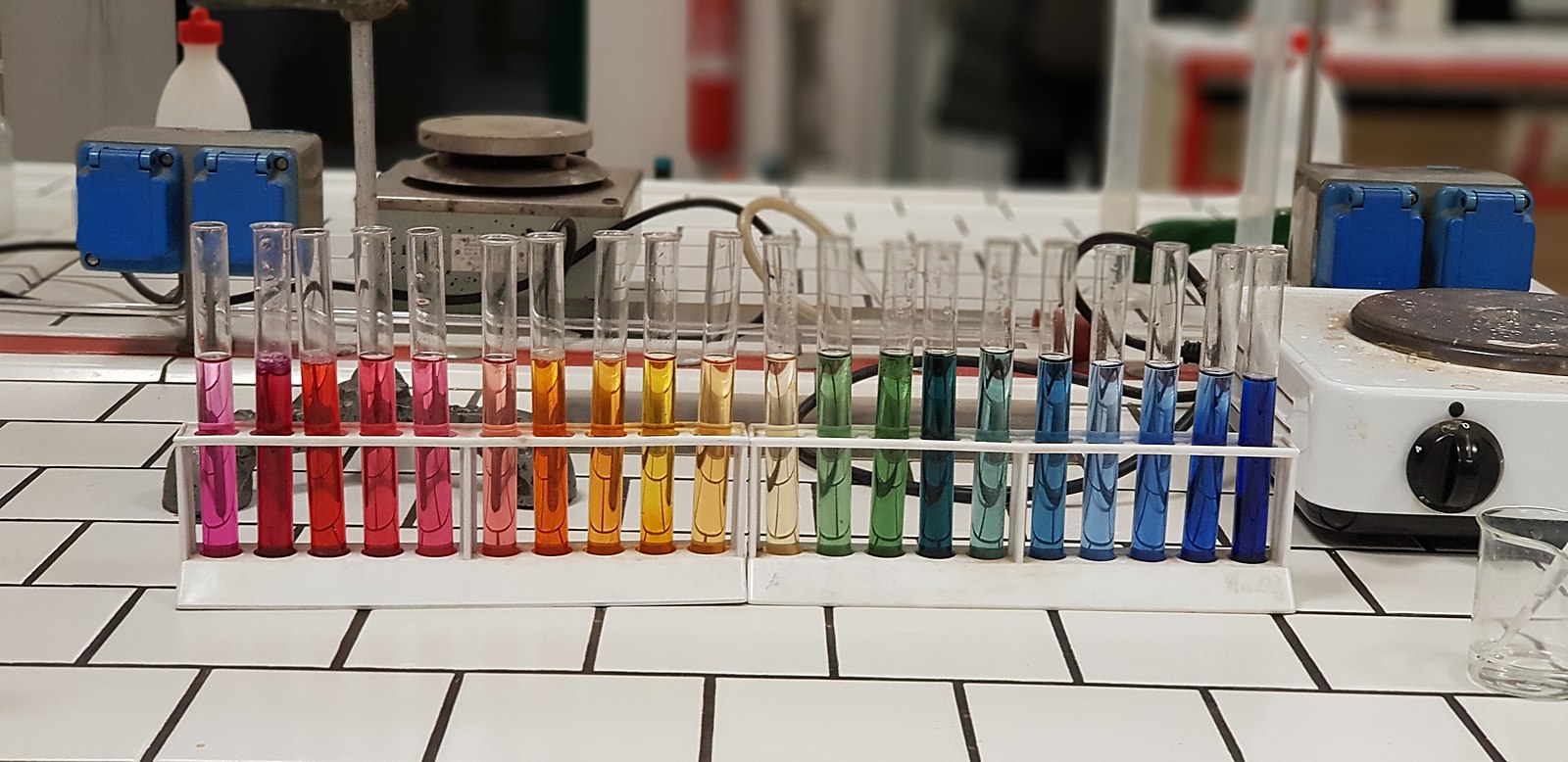Summary
The pH of nuclease-free water is a crucial factor in molecular biology applications, as it can impact the stability and performance of nucleic acids and enzymes. While the precise pH value is not always specified, it is generally accepted that highly pure water, such as nuclease-free water, has a pH range between 5 and 8. Understanding the importance of pH in nuclease-free water and the various types available can help researchers ensure the success of their experiments.
Understanding the pH of Nuclease-Free Water
Nuclease-free water is a highly purified form of water that has been specifically treated to remove contaminants such as endonucleases, exonucleases, and RNases. This type of water is essential for molecular biology applications, as the presence of these nucleases can lead to the degradation of nucleic acids, compromising experimental results.
The pH of nuclease-free water is not precisely determined due to its high purity. Many publications and industry standards do not provide a specific pH specification for this type of water. However, it is generally accepted that highly pure water, such as nuclease-free water, has a pH value between 5 and 8.
Types of Nuclease-Free Water
There are several types of nuclease-free water available, each with its own unique characteristics and applications:
-
DEPC-Treated Water: This type of nuclease-free water contains a chemical called diethylpyrocarbonate (DEPC), which is used to inhibit RNases. DEPC-treated water is ideal for applications where RNase contamination is a concern, such as RNA extraction and analysis.
-
Non DEPC-Treated Nuclease-Free Water: This type of nuclease-free water does not contain DEPC and is suitable for applications that may be sensitive to residual DEPC, such as certain enzymatic reactions.
-
Nuclease-Free Water for PCR: This specialized nuclease-free water is certified to be free of nucleic acid contamination, making it ideal for use in polymerase chain reaction (PCR) and other sensitive molecular biology techniques.
-
DNase- and RNase-Free Water (UltraPure Water): Also known as UltraPure water, this type of nuclease-free water is quality-tested and certified to be free of DNase, RNase, and protease activity, ensuring the highest level of purity.
Importance of pH in Nuclease-Free Water
The pH of nuclease-free water is an important factor to consider in molecular biology applications for several reasons:
-
Enzyme Activity: The pH of the reaction environment can significantly impact the activity and stability of enzymes used in molecular biology, such as polymerases, ligases, and restriction enzymes. Maintaining the optimal pH range is crucial for ensuring the proper functioning of these enzymes.
-
Nucleic Acid Stability: The pH of the solution can affect the stability and structure of nucleic acids, such as DNA and RNA. Extreme pH values can lead to the denaturation or degradation of these biomolecules, compromising their integrity and functionality.
-
Experimental Consistency: Variations in the pH of nuclease-free water used in different steps of a protocol can introduce inconsistencies and affect the reproducibility of experimental results. Maintaining a consistent pH throughout the workflow is essential for reliable and accurate data.
Handling and Storage of Nuclease-Free Water
To ensure the quality and effectiveness of nuclease-free water in molecular biology applications, it is crucial to follow the manufacturer’s instructions for storage and handling. Some general guidelines include:
-
Storage: Nuclease-free water should be stored in a clean, sterile container at the recommended temperature, typically 2-8°C or -20°C, to prevent microbial growth and maintain its purity.
-
Handling: When working with nuclease-free water, it is essential to use sterile techniques, such as pipetting with clean, nuclease-free tips, to avoid introducing contaminants that could affect the pH or purity of the water.
-
Expiration: Nuclease-free water has a limited shelf life, and it is important to use the product within the specified expiration date to ensure its quality and reliability.
Conclusion
The pH of nuclease-free water is a critical factor in molecular biology applications, as it can impact the stability and performance of nucleic acids and enzymes. While the precise pH value is not always specified, it is generally accepted that highly pure water, such as nuclease-free water, has a pH range between 5 and 8.
Understanding the different types of nuclease-free water and their specific characteristics, as well as following proper handling and storage protocols, can help researchers ensure the success of their experiments and maintain the integrity of their data.
References
- Thermo Fisher Scientific – Nuclease-Free Water (not DEPC-Treated): https://www.thermofisher.com/order/catalog/product/AM9937
- QIAGEN – Nuclease-Free Water: https://www.qiagen.com/us/products/discovery-and-translational-research/lab-essentials/buffers-reagents/nuclease-free-water
- Sigma-Aldrich – Nuclease-Free Water, for Molecular Biology: https://www.sigmaaldrich.com/US/en/product/sigma/w4502
- Thermo Scientific™ Water, nuclease-free: https://www.fishersci.com/shop/products/fermentas-nuclease-free-water/p-4530622
- Thermo Fisher Scientific – Nuclease-Free Water: https://www.thermofisher.com/us/en/home/life-science/dna-rna-purification-analysis/rna-extraction/rna-extraction-products/nuclease-free-tubes-tips-and-buffers/nuclease-free-water.html

